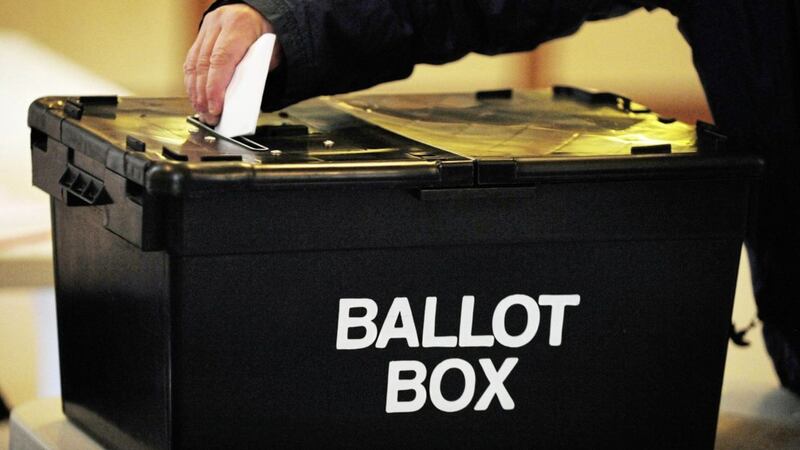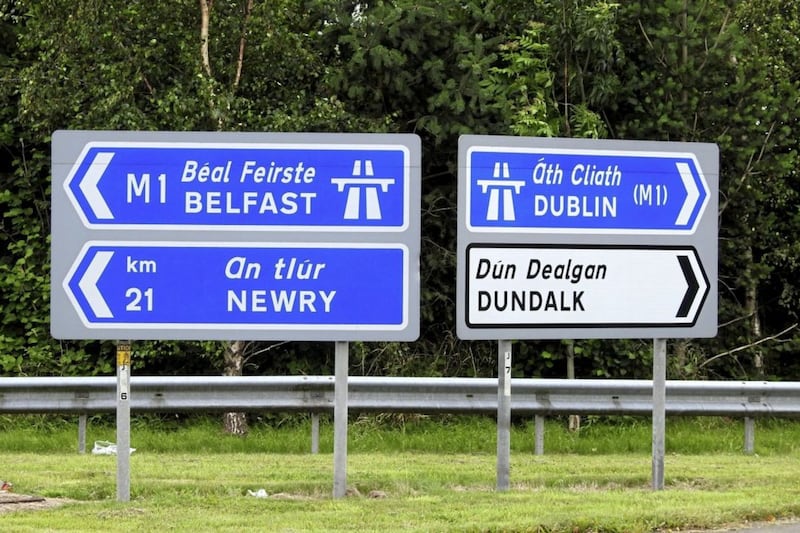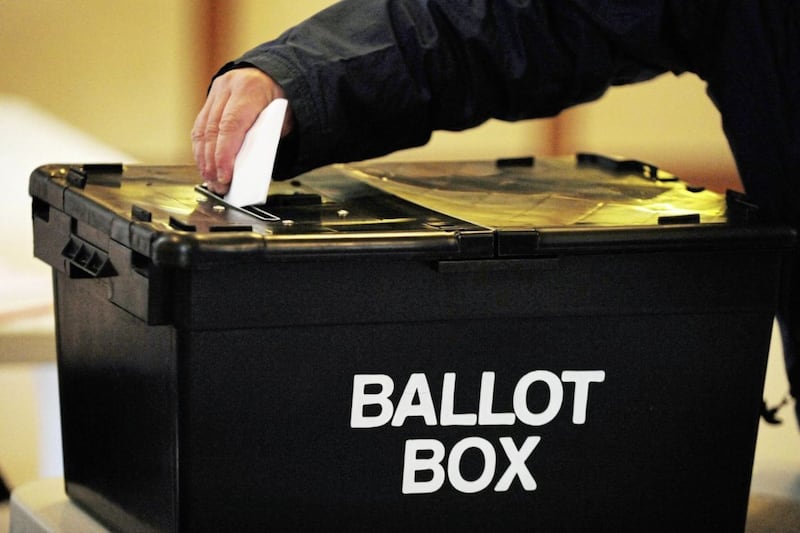The debate about Ireland’s constitutional future was given a boost at the start of last week when the leader of the SDLP, Colum Eastwood, launched his party’s plan to establish a ‘New Ireland Commission’ forum.
In an interview with this paper he said changing circumstances made the case for a united Ireland more compelling.
“Look at what’s happening across these islands with Brexit, Scottish independence and English nationalism, it’s incumbent on all strands of political thinking to at least have a conversation about what the future looks like”, he said.
The forum will be made up of a number of panels to examine constitutional issues, economic policy and all-Ireland health provision.
Colum Eastwood also said that the commission will feed into the work of the Irish government's Shared Island Unit.
The partnership relationship between Fianna Fáil and the SDLP has the potential to make a significant and valuable contribution to the debate about a new independent Ireland if both parties proactively follow up on their plans with respect to the unit and the commission.
The debate about Ireland’s constitutional future is well under way and all initiatives to that broad end have a place and a part to play. But there is an additional onus on the Irish government as the sovereign power on this island, compelled by the constitution to bring about a united Ireland and joint guarantor of the Good Friday Agreement, to use its considerable influence to lead, to harness the energy of all those advocating a new and independent Ireland and to structure the debate for maximum impact.
That is why the suggestion of a Citizens Assembly is being advocated by Sinn Féin and others, or a similar effective forum, because of the success of the Citizens Assembly with regard to issues of huge significance – marriage equality and abortion reform - in the south.
The Citizens Assembly template has worked.
And there are other welcome contributors in the field, including the ‘Ireland’s Future’ group and high profile individuals like Colin Harvey, Professor of Human Rights Law at Queen's University and author, commentator and Dublin High Court judge, Richard Humphreys.
Throughout the lockdown the ‘Ireland's Future’ group organised several online discussions about a new and independent Ireland – an all-island economy and workers' rights and an Irish national health service. Colin Harvey has majored on the detail of constitutional change and the need for a Bill of Rights for the north and a Charter of Rights for Ireland while Richard Humphreys promotes a new approach to reconciliation with unionists by focusing on accommodating now the unionist people, through dialogue, with respect to issues of cultural identity.
Last week also saw the beginning in the north of an online public consultation on how referendums should be held with respect to its constitutional position, remaining inside the UK or becoming part of a united Ireland.
The consultation is being organised by a group of academics based in universities in Belfast, London and the US.
In its promotional material the group makes it clear it takes ‘no view’ on whether a referendum on a united Ireland should happen or what the outcome of the vote should be. Their argument is there is a need to prepare and plan for one now.
Detailed planning for the referendum makes sense given the political mess that the ill-thought out and ill-prepared Brexit referendum has caused in Ireland and Britain.
Sinn Féin, as the lead party campaigning for the implementation of the referendum commitment contained in the Good Friday Agreement, have been at pains for some time to make it clear that advanced detailed planning is required.
Advanced planning is the central message to the leaders of the unionist people in the pages of two long-established newspapers – London’s Daily Telegraph and Dublin’s Irish Times.
The Daily Telegraph, a bastion of English empire politics and editorially instinctively unionist, carried a surprising article calling on ‘unionists to consider the terms on which they could tolerate if not accept a united Ireland.’
The article also called for unionist parties to end their ‘strategy of non-engagement’ on the issue.
A similar but more nuanced message to unionists in an article in the Irish Times also said to nationalists that their demand for a ‘New Ireland of equals needs to be more than a slogan.’
The new Ireland momentum is gathering pace.







